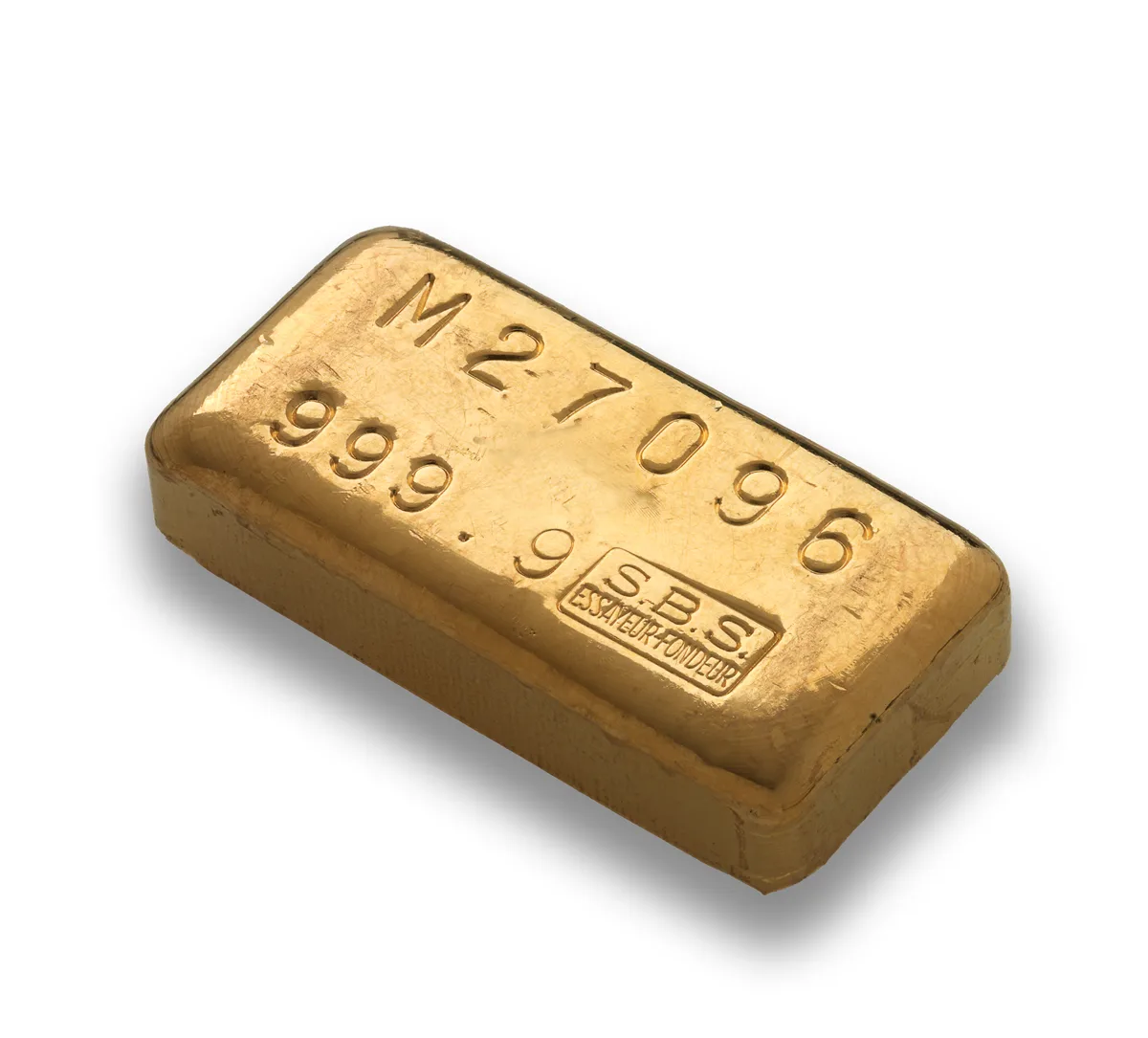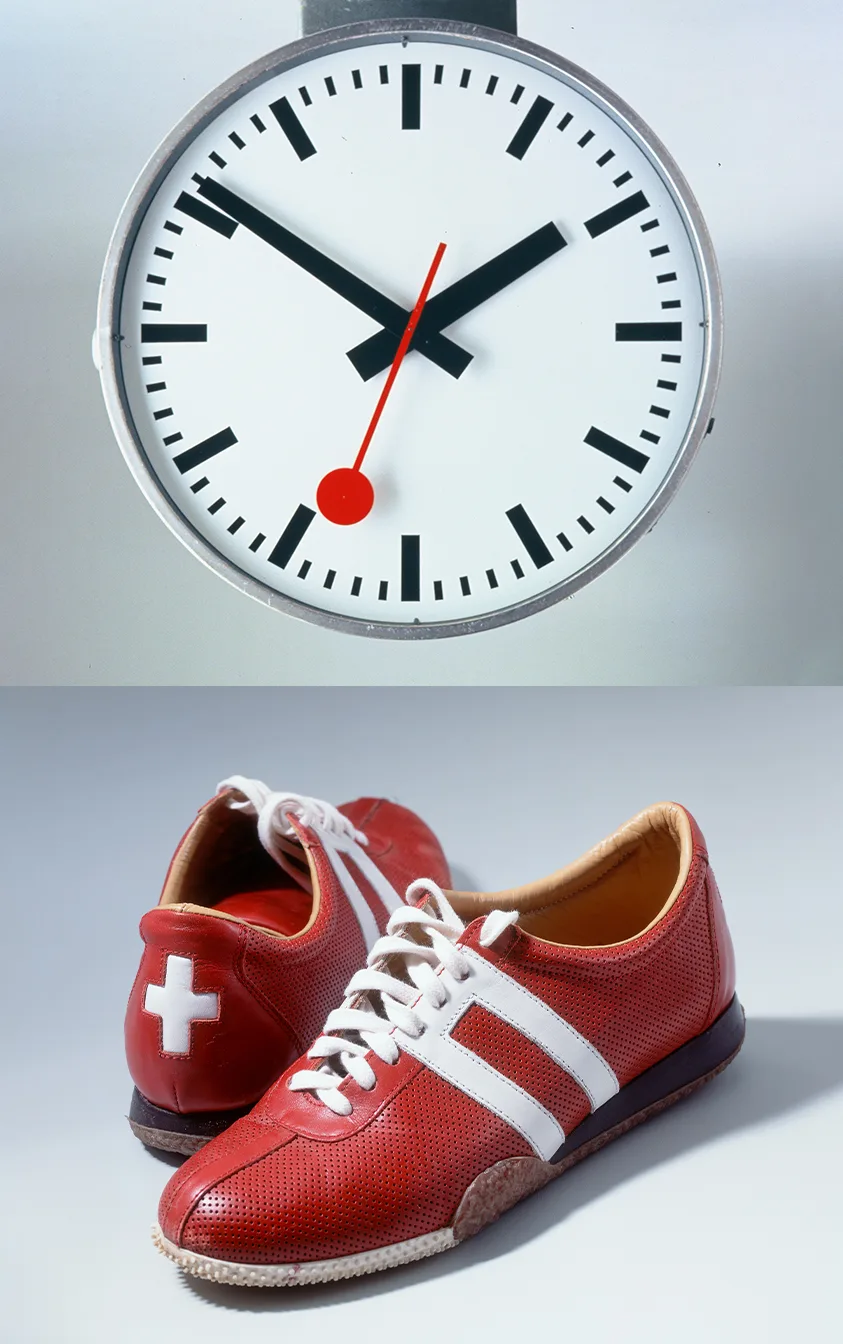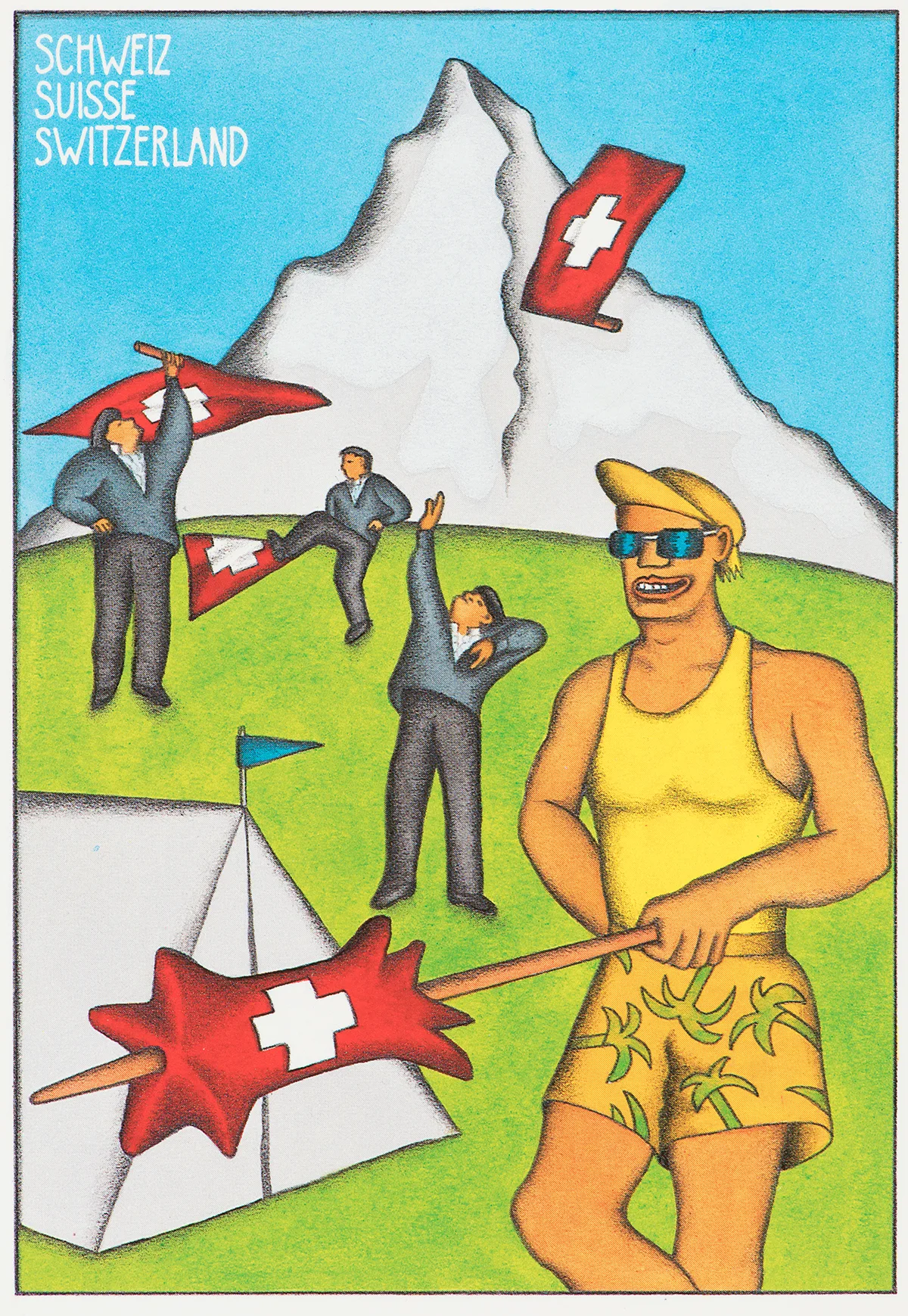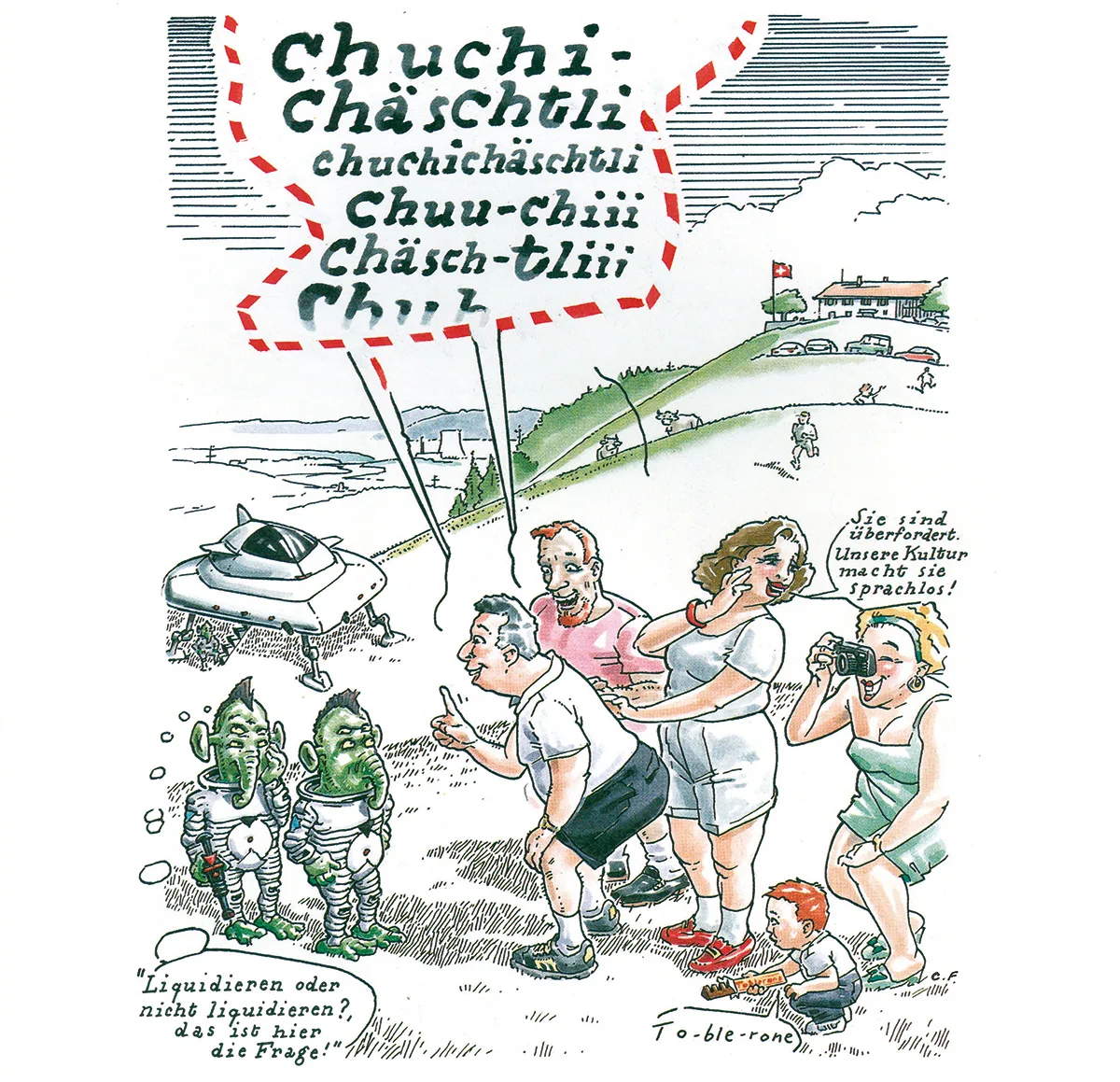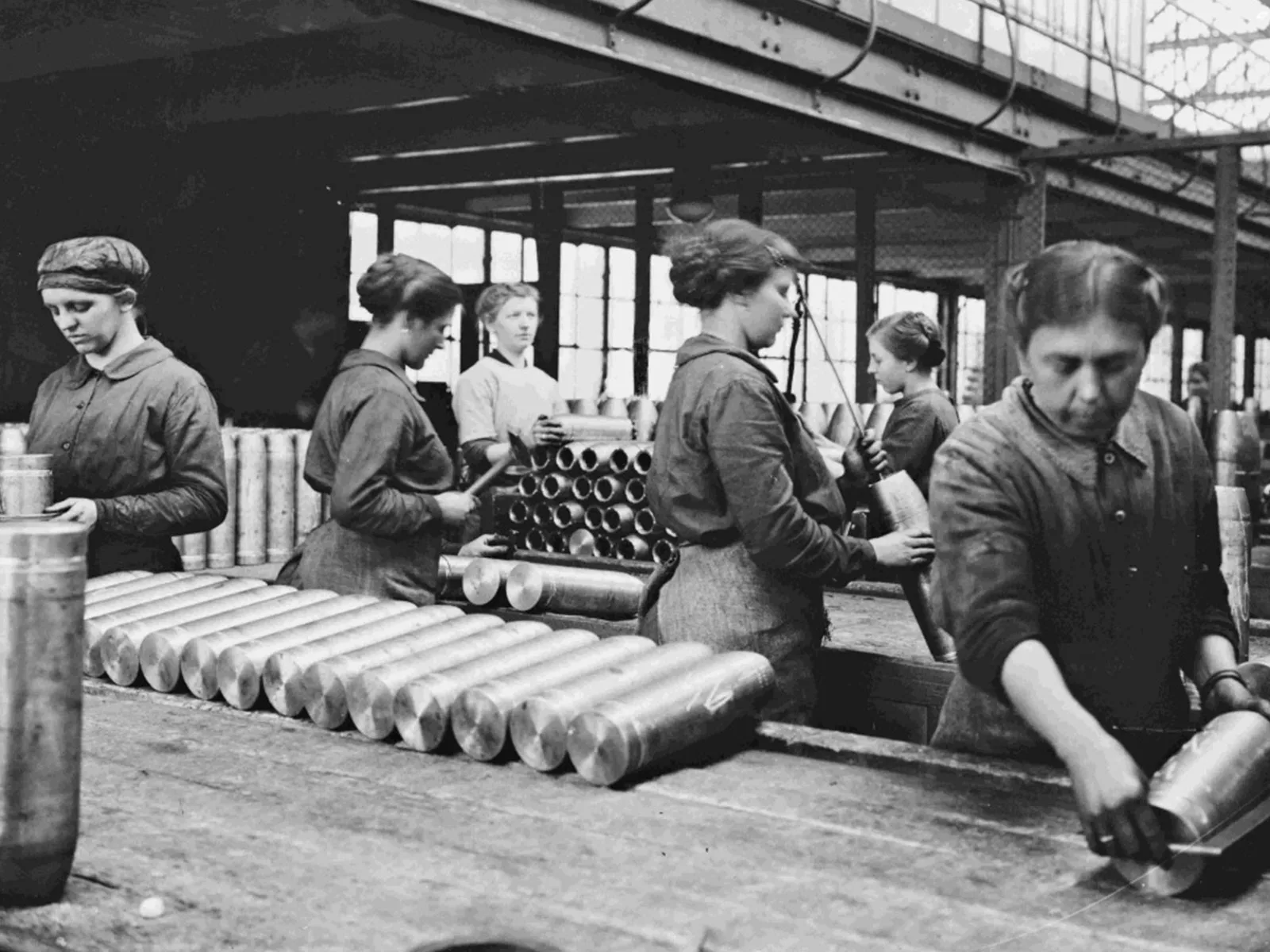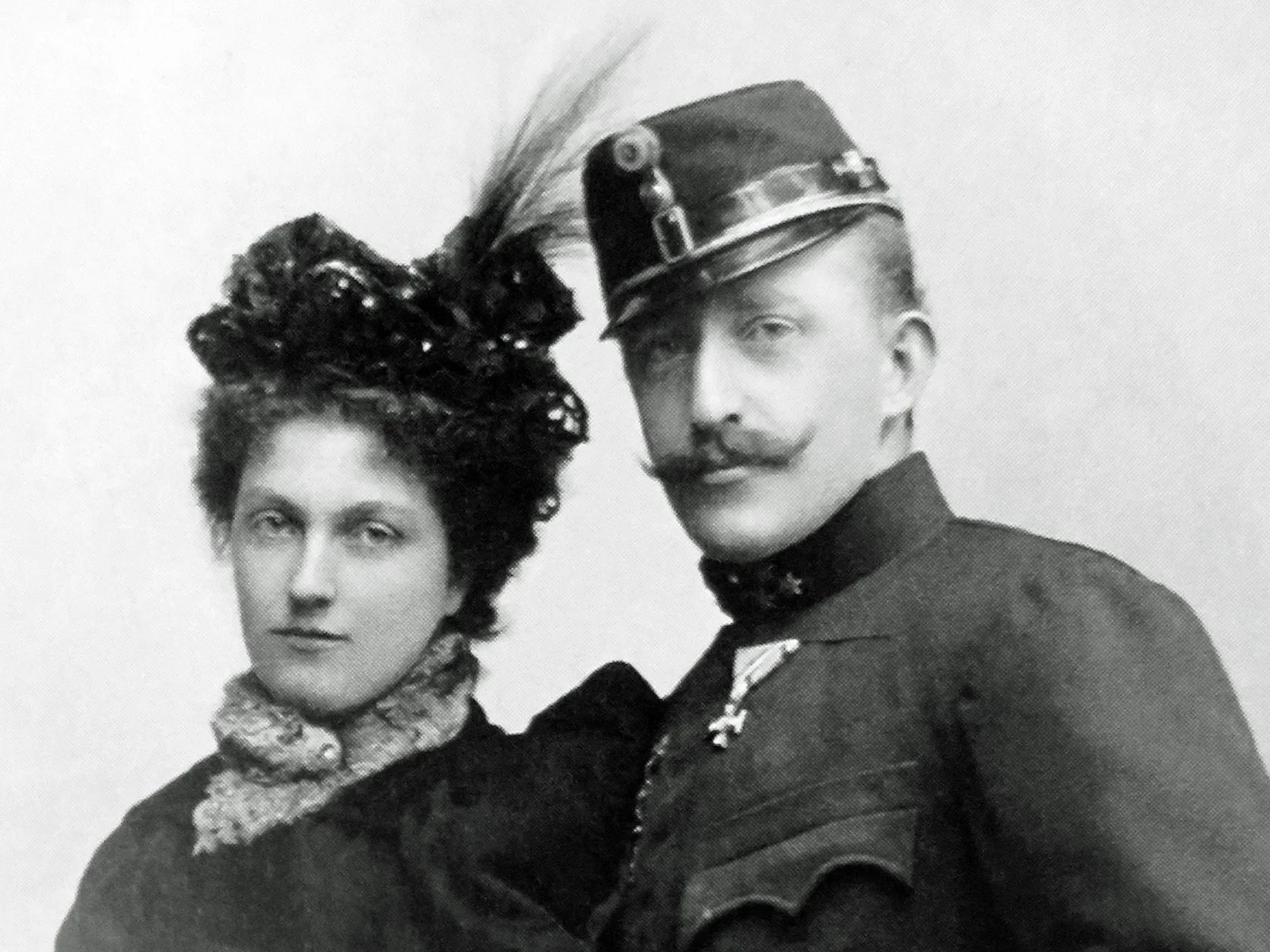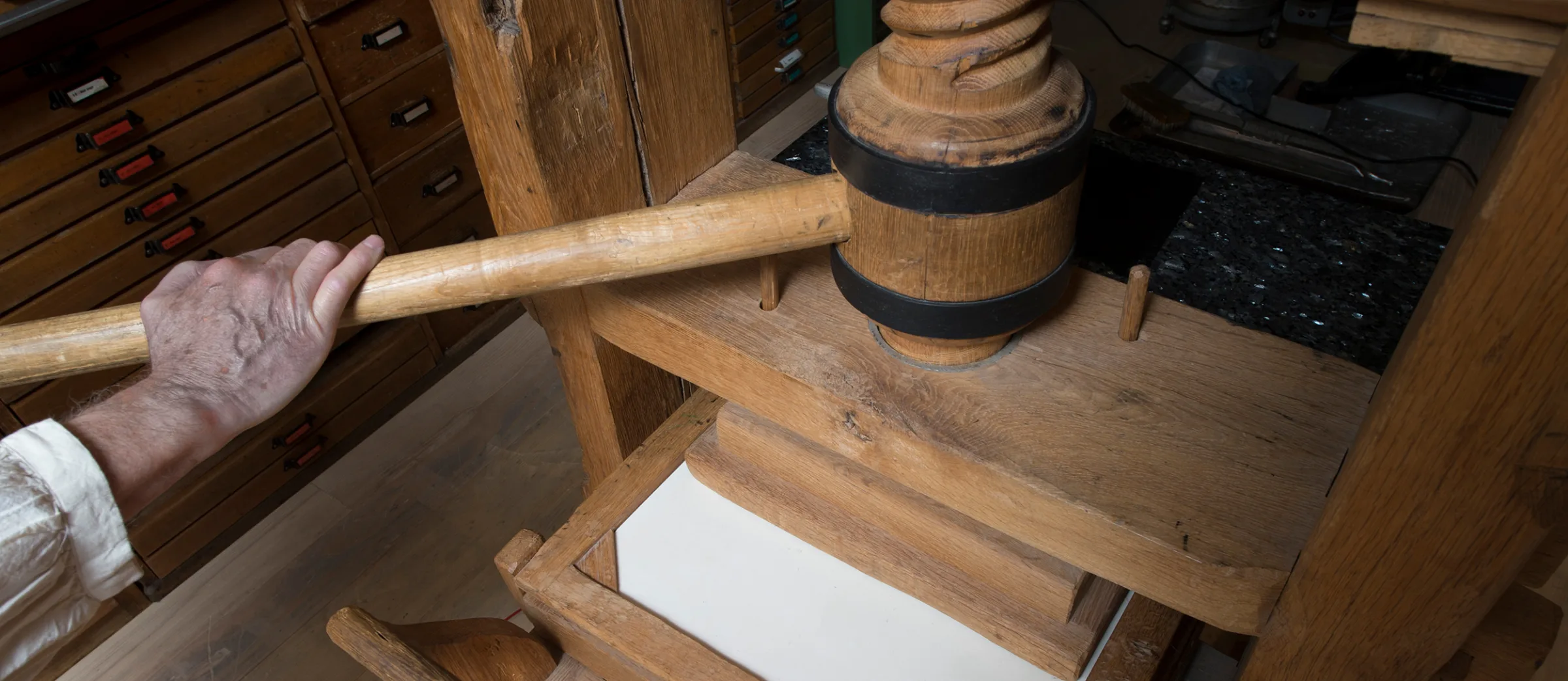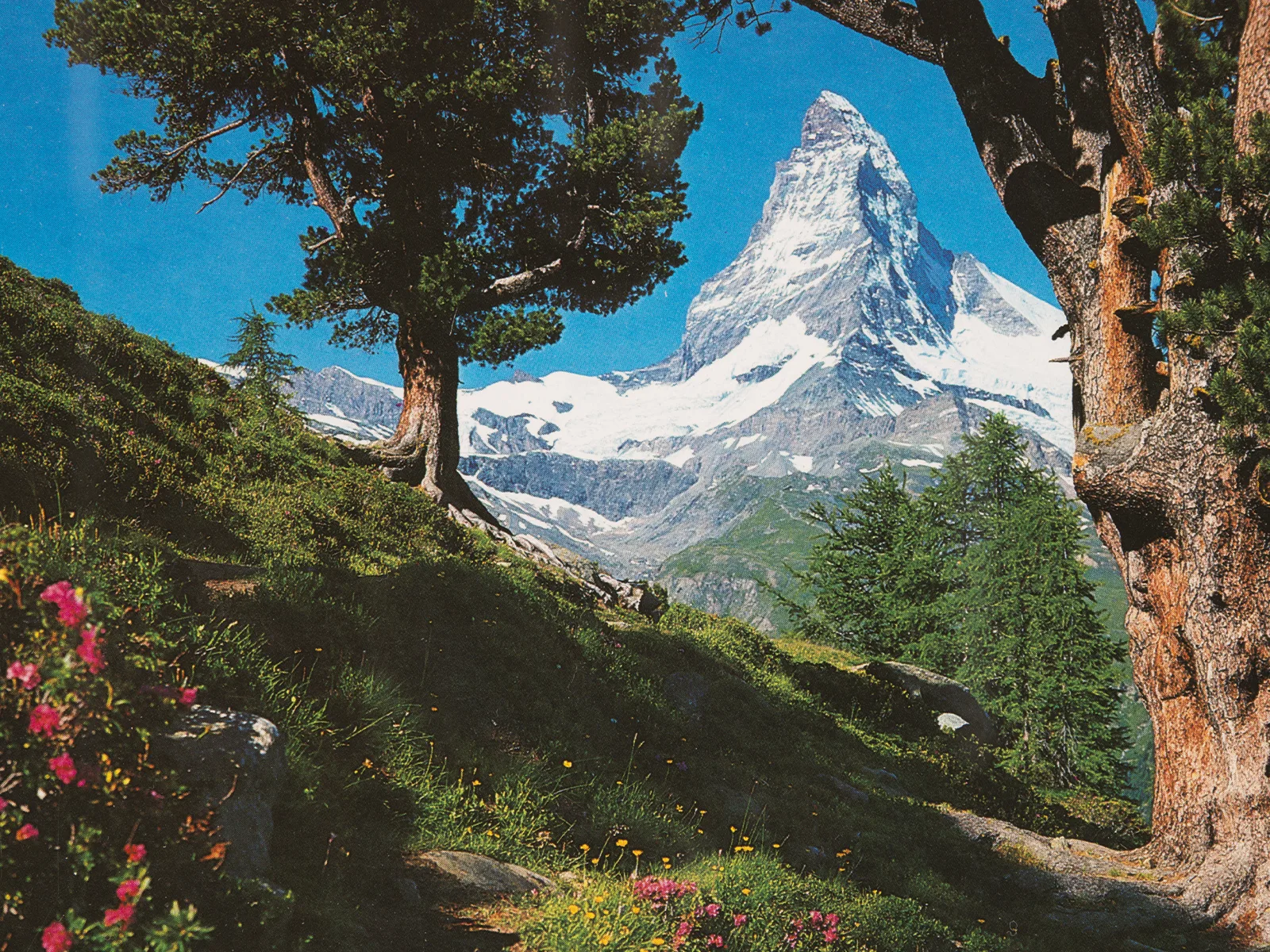
Switzerland: a land of paradoxes
It can be hard to get a true picture of something when you’re only seeing it from the inside – to really understand it, you need the view from outside as well. Take the Swiss mentality, for example. On closer inspection, our mindset turns out to be a multifaceted mirror reflecting a country filled with paradoxes and contradictions.
